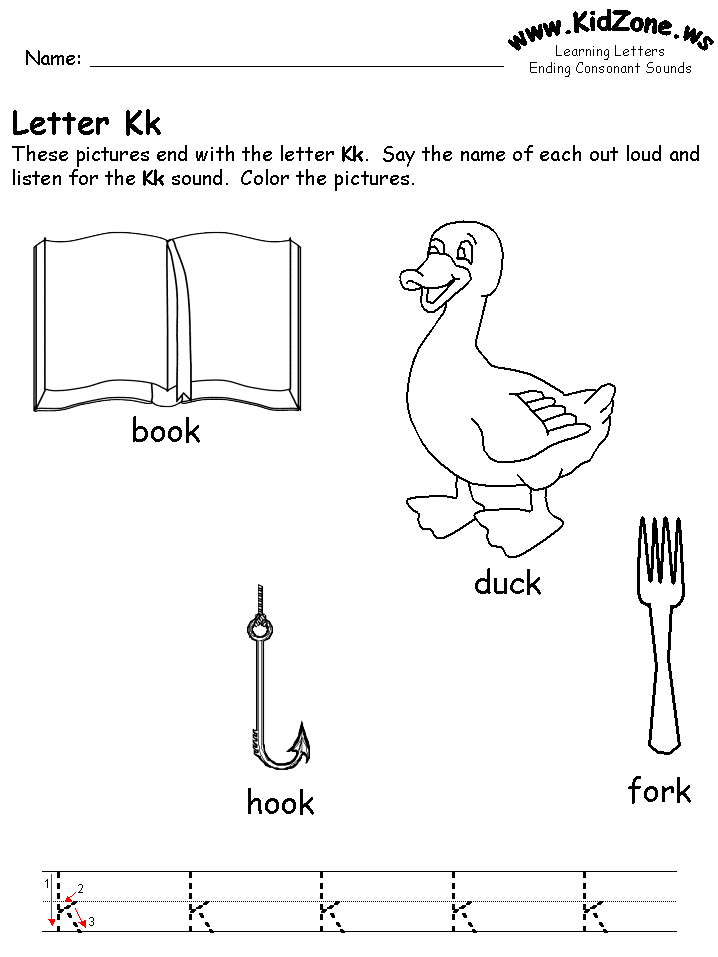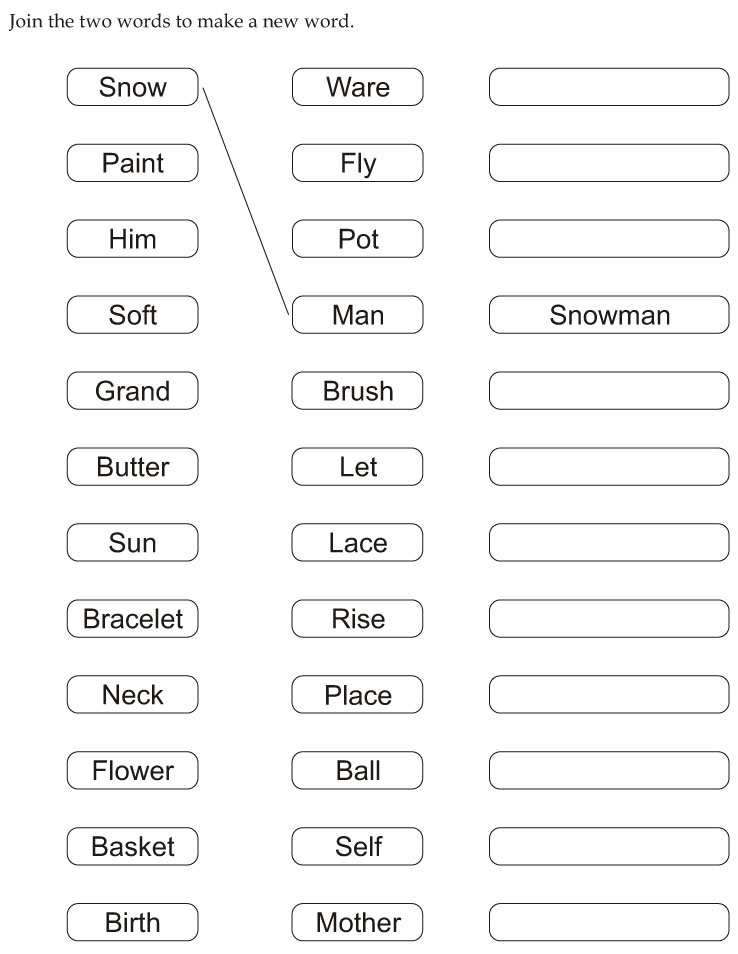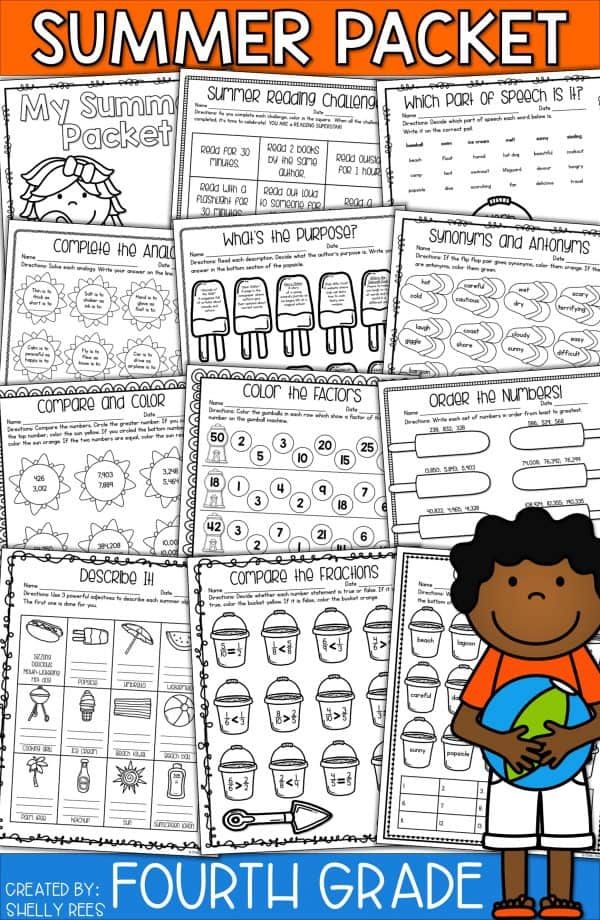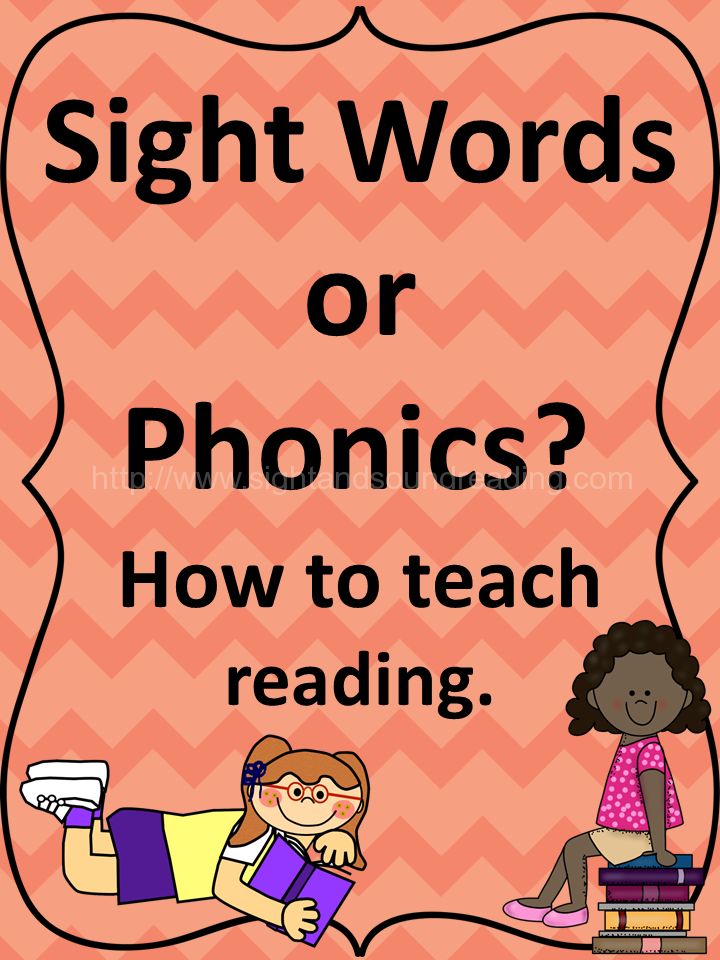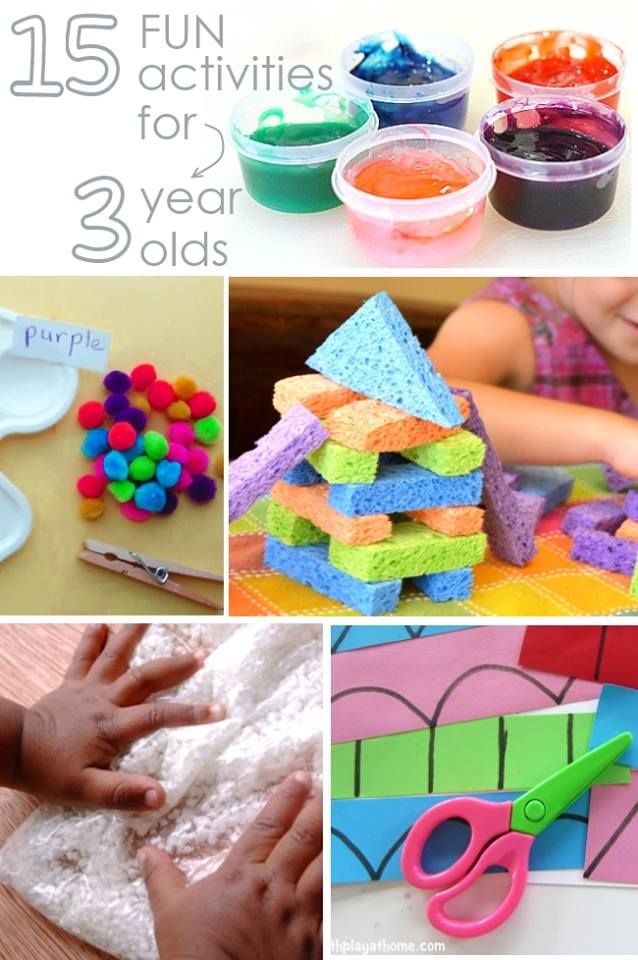Learn and grow preschool
Learn And Grow Preschool And Enrichment Classes
Write a Review
About the Provider
Description: Learn And Grow Preschool And Enrichment Classes is a Center Based Program License in Haverhill NH, with a maximum capacity of 17 children. This child care center helps with children in the age range of 3 years to 10 years . The provider does not participate in a subsidized child care program.
Program and Licensing Details
- License Number: CCCB-02875
- Capacity: 17
- Age Range: 3 years to 10 years
- Enrolled in Subsidized Child Care Program: No
- Type of Care: Pre-School Program
- District Office: New Hampshire Dept of Health and Human Services - Child Care Licensing Unit
- District Office Phone: (603) 271-4624 (Note: This is not the facility phone number.)
- Licensor: Thurlow Rowe
Location Map
Inspection/Report History
Where possible, ChildcareCenter provides inspection reports as a service to families. This information is deemed reliable, but is not guaranteed. We encourage families to contact the daycare provider directly with any questions or concerns, as the provider may have already addressed some or all issues. Reports can also be verified with your local daycare licensing office.
| Visit/Complaint Date | Type | Details |
|---|---|---|
| 2020-09-14 | Monitoring | No Violations Found |
| 2019-09-10 | Renewal | No Violations Found |
| 2018-11-14 | Monitoring | Violations Found-SOF Issued |
| 2017-12-18 | Monitoring | No Violations Found |
If you are a provider and you believe any information is incorrect, please contact us. We will research your concern and make corrections accordingly.
Reviews
Be the first to review this childcare provider. Write a review about Learn And Grow Preschool And Enrichment Classes. Let other families know what’s great, or what could be improved. Please read our brief review guidelines to make your review as helpful as possible.
Email address (will not be published):
Display name:
Which best describes your experience?:
Select from belowI have used this provider for more than 6 monthsI have used this provider for less than 6 monthsI have toured this provider's facility, but have not used its servicesI am the ownerI am an employeeOther
Rating (1=poor, 5=excellent):
Select your Rating1 star2 star3 star4 star5 star
Review Policy:
ChildcareCenter.us does not actively screen or monitor user reviews, nor do we verify or edit content. Reviews reflect only the opinion of the writer. We ask that users follow our review guidelines. If you see a review that does not reflect these guidelines, you can email us.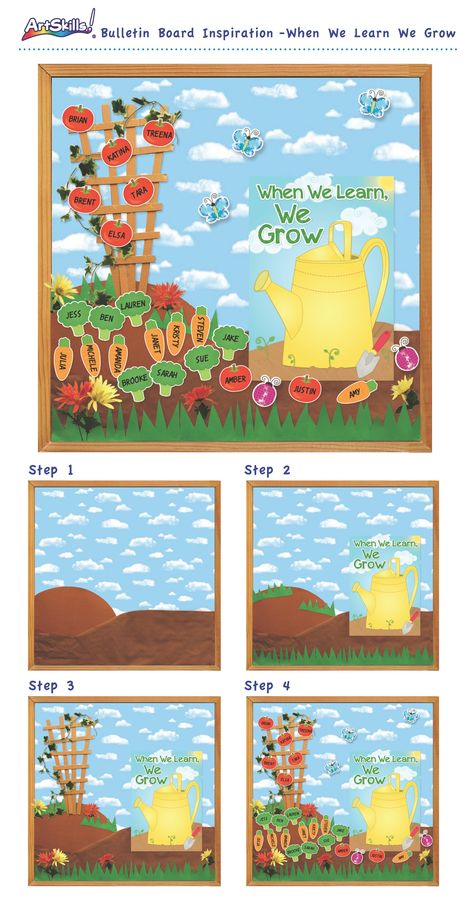 We will assess the review and decide the appropriate next step. Please note – we will not remove a review simply because it is negative. Providers are welcome to respond to parental reviews, however we ask that they identify themselves as the provider.
We will assess the review and decide the appropriate next step. Please note – we will not remove a review simply because it is negative. Providers are welcome to respond to parental reviews, however we ask that they identify themselves as the provider.
Nearby Providers
Woodsville Head Start Woodsville, NH | (603) 747-4186 | 7.8 miles away
Small Wonders Child Care Lisbon, NH | (603) 838-1049 | 13.9 miles away
Lyme After School Program Lyme, NH | (603) 208-8303 | 16.5 miles away
Franconia Children's Center Franconia, NH | (603) 823-5643 | 16.8 miles away
Lyme Nursery School Lyme, NH | (603) 795-4567 | 18.9 miles away
Lincoln-woodstock Community Child Care Center Lincoln, NH | (603) 745-2200 | 19.1 miles away
Gale River Cooperative Preschool Bethlehem, NH | (603) 823-9995 | 20.1 miles away
Hanover Nursery School Hanover, NH | (603) 643-3315 | 22 miles away
Hampshire Cooperative Nursery School Hanover, NH | (603) 643-4640 | 23 miles away
Shining Lights Learning Center & Child Care At Fcc Littleton, NH | (603) 444-7379 | 23.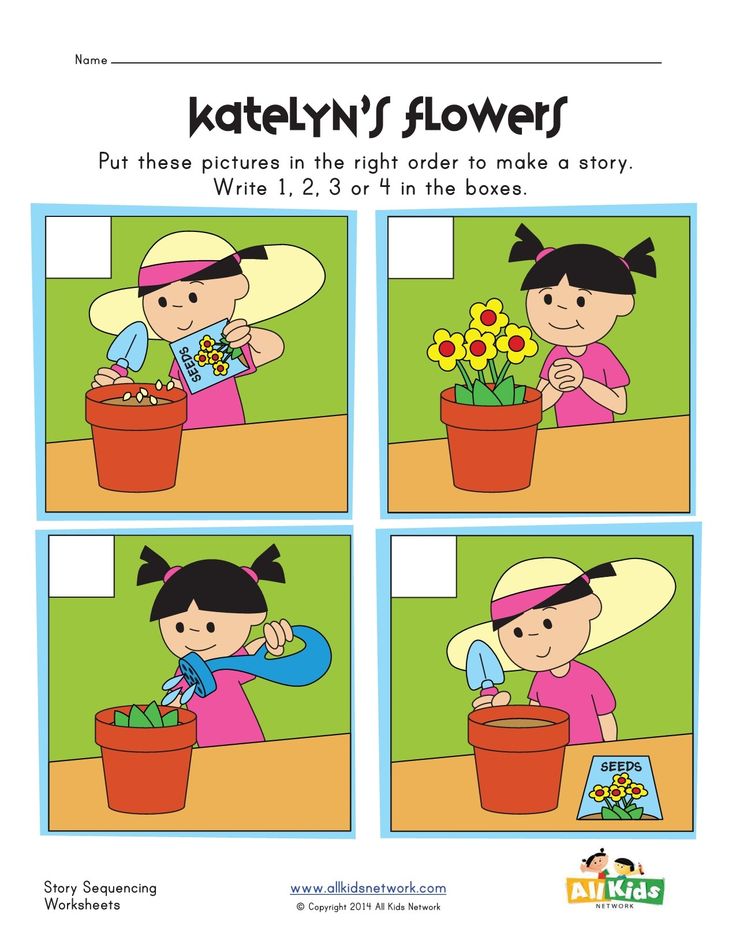 3 miles away
3 miles away
Kendal At Hanover 1 Early Learning Center Hanover, NH | (603) 643-7020 | 23.8 miles away
Cradle And Crayon Child Development Center Hanover, NH | (603) 646-4242 | 23.9 miles away
Littleton Head Start Littleton, NH | (603) 444-6022 | 24.2 miles away
Te-lo-ca Group Day Care Center Campton, NH | (603) 536-3755 | 24.4 miles away
The Montessori Children's School In Hanover Etna, NH | (603) 643-2828 | 24.5 miles away
Cradle And Crayon South Hanover, NH | (603) 381-3459 | 24.5 miles away
Watermelon Seeds Preschool And Learning Center Campton, NH | (603) 726-4114 | 24.5 miles away
Dartmouth College Child Care Center Hanover, NH | (603) 646-6610 | 24.5 miles away
Mid-state Children's Learning Center Plymouth, NH | (603) 536-3898 | 24.5 miles away
Heather's Little Angels Plymouth, NH | (603) 536-2332 | 25.6 miles away
Best Preschool & Day Care Providers In Frisco
PARTNERSHIP WITH OUR PARENTS
Open communication with parents is an important part of our success.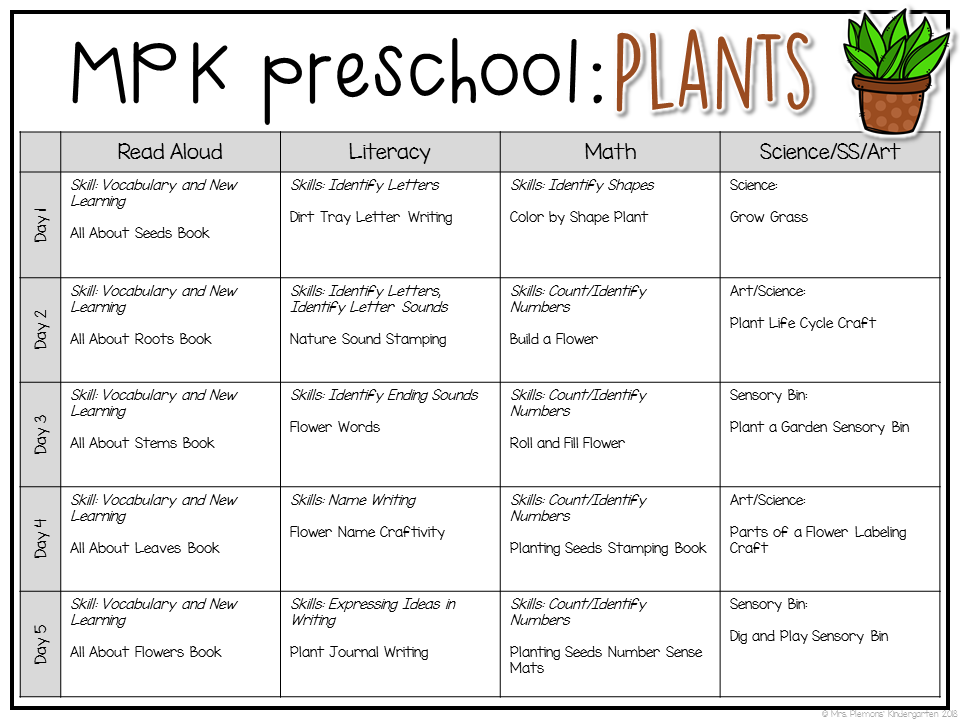 We understand what itis like to be away from your child and recognize the importance of sharing their daily activities and progress with you. For this reason, we provide consistent communicationfrom your child’s teacher, so you don’t miss those important milestones of your child.
We understand what itis like to be away from your child and recognize the importance of sharing their daily activities and progress with you. For this reason, we provide consistent communicationfrom your child’s teacher, so you don’t miss those important milestones of your child.
OPEN DOOR POLICY
We want our parents to feel confident in the care and education we are providing their child. As part of our ongoing commitment to keeping our families happy, we promote an Open-Door policy should you ever have concerns and/or issues you would like to discuss.
IMPORTANCE OF EARLY CHILDHOOD EDUCATION
A child’s early years are the foundation for future development, providing a strong base for lifelong learning which includes both cognitive and social development. Well-established research continues to emphasize theimportance of early childhood education as an essential building block of a child’s future success.
In fact, according to the National Center for Education Statistics (NCES), in the past 30 years, enrollment in pre-school education has increased from 96,000 to more than 1 million.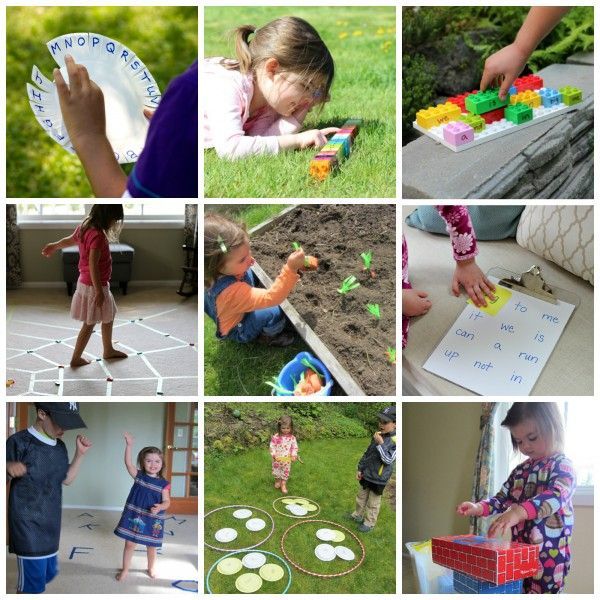 Studies conducted across the U.S. have shown early childhood education programs can:
Studies conducted across the U.S. have shown early childhood education programs can:
- Improve concentration times and attention spans
- Significantly increase a child’s vocabulary
- Introduce and support earlier opportunities for socialization
- Help establish a solid and broad foundation for lifelong learning and well being
ADMINISTRATION BIO
Javaria KhanDirector
Certified Early Childhood Educator
Javaria comes from a family of educators and has a strong background in early childhood education. With three children of her own, she knows first-hand the positive impact early education has on developing minds. She openly recognizes the challenges faced by parents raising young children with learning difficulties and is passionate about the power of early childhood intervention.
Javaria holds an Early Childhood Credential from the American Montessori Society and brings with her 20+ years of teaching experience—the last thirteen years spent in a Montessori environment.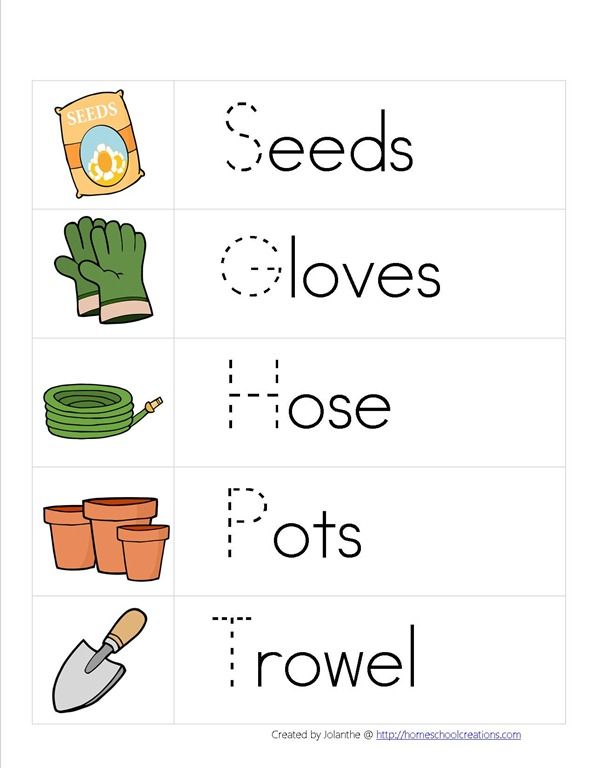
In her spare time, you can find Javaria gardening, road-tripping, and spending time with family.
Neha
Assistant Director
AMS Montessori Certified Teacher
Neha our Assistant Director is excited to begin the next chapter of her Career with us at Learn ‘N’ Grow Stem preschool. She is a Certified Montessori teacher and has been in teaching profession for last 10 years. She has strong work ethics and firmly believes that proper education, clear communication, and timely guidance is the key to help children grow and reach their full potential.
Neha has finished her Early Childhood Credential from NAMC and Director’s Credential from Camp Fire Early Childhood Management Institute Texas.
OUR POLICIES
OPEN DOOR POLICY
We want our parents to feel confident in the care and education we are providing their child. As part of our ongoing commitment to keeping our families happy, we promote an Open-Door policy should you ever have concerns and/or issues you would like to discuss.
Health & Safety
Your child’s health and safety are our top priority. Our health and safety protocols include:
- Thorough cleaning and sanitation of classrooms.
- Safe sleep procedures.
- Secure check-in and check-out procedures.
- COVID protocols:
- Temperature check upon arrival
Online Classroom Access
We are parents ourselves, so we truly understand how important it is to have full access to your child’s classroom. Online access to your child’s classroom is by password only. If this is something that interests you, please talk to the admin to sign up for your personal password.
*By enrolling your child at Learn N Grow, you consent that your child may be seen by other Learn N-Grow families through a secure, password-protected feed.
Emergency Procedures
The safety of the children is our #1 priority.
In case of inclement weather, Learn N’ Grow follows the Frisco ISD closing decisions.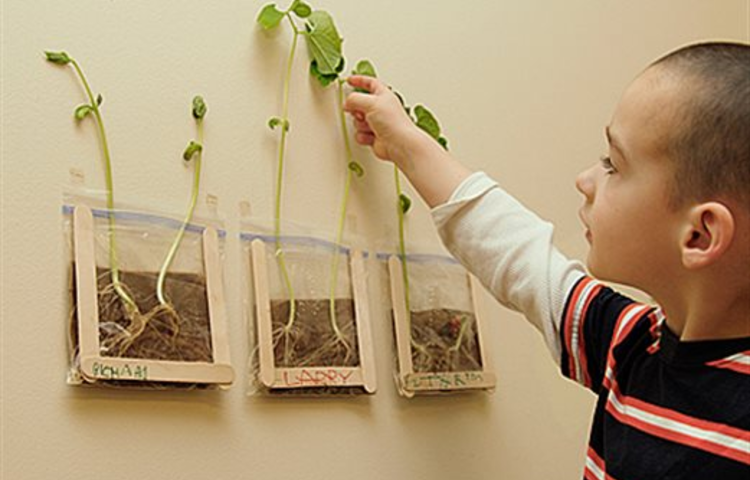 We encourage our parents to follow inclement weather announcements on local news channels.
We encourage our parents to follow inclement weather announcements on local news channels.
Fire and severe weather drills are conducted every 30 days to ensure all teachers and staff know exactly what to do, in the event of an emergency.
If it becomes necessary to close the school, parents will be notified immediately to arrange for early pick-up. If the premises are determined to be unsafe, children will be transported immediately to a safe location. Families will be notified and required to pick up their children as soon as possible.
Please note: Standard contracted tuition will still apply during inclement weather closings.
Our Discipline Philosophy
Discipline is never fun — but is a necessary part of a child’s learning journey. When implemented with love and compassion, it helps your child learn consequences and understand the difference between right and wrong.
We don’t believe in using harsh words, time-outs, or physical punishment with your child.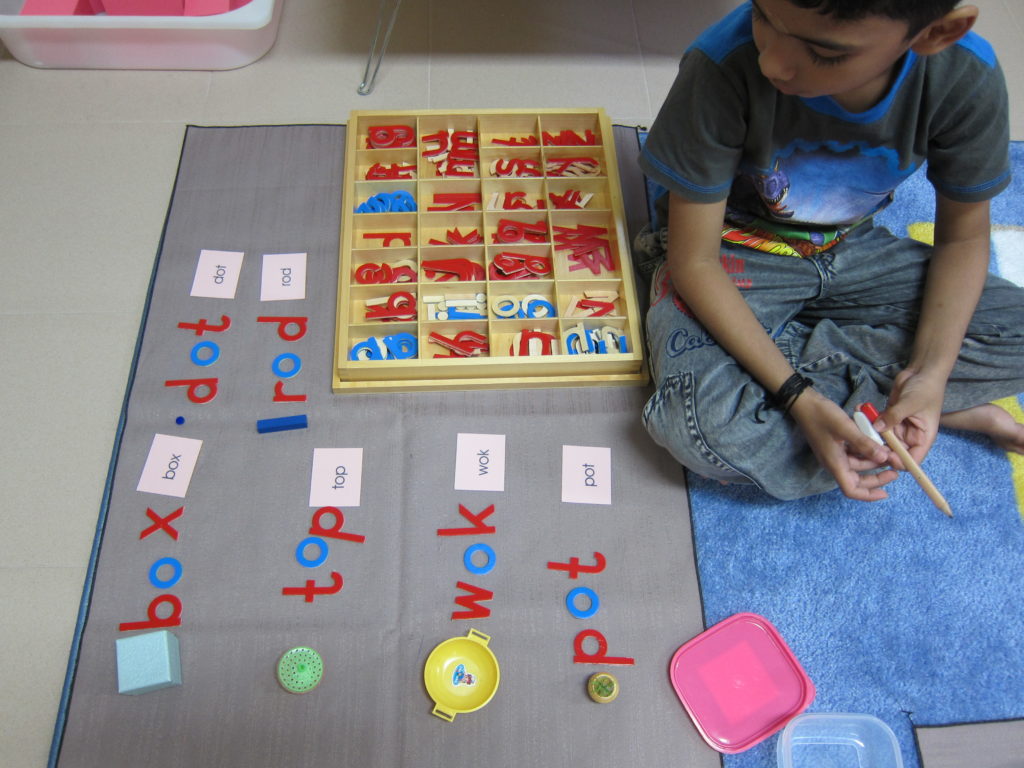 Instead, we use positive discipline and behavior modeling to teach appropriate behavior in each scenario and how to engage with logic instead of impulse.
Instead, we use positive discipline and behavior modeling to teach appropriate behavior in each scenario and how to engage with logic instead of impulse.
Open communication with parents is an important part of our success. We understand what itis like to be away from your child and recognize the importance of sharing their daily activities and progress with you. For this reason, we provide consistent communicationfrom your child’s teacher, so you don’t miss those important milestones of your child.
OPEN DOOR POLICY
We want our parents to feel confident in the care and education we are providing their child. As part of our ongoing commitment to keeping our families happy, we promote an Open-Door policy should you ever have concerns and/or issues you would like to discuss.
IMPORTANCE OF EARLY CHILDHOOD EDUCATIONA child’s early years are the foundation for future development, providing a strong base for lifelong learning which includes both cognitive and social development. Well-established research continues to emphasize the importance of early childhood education as an essential building block of a child’s future success.
Well-established research continues to emphasize the importance of early childhood education as an essential building block of a child’s future success.
In fact, according to the National Center for Education Statistics (NCES), in the past 30 years, enrollment in pre-school education has increased from 96,000 to more than 1 million. Studies conducted across the U.S. have shown early childhood education programs can:
- Improve concentration times and attention spans
- Significantly increase a child’s vocabulary
- Introduce and support earlier opportunities for socialization
- Help establish a solid and broad foundation for lifelong learning and well being
ADMINISTRATION BIO
Javaria KhanDirector
Certified Early Childhood Educator
Javaria comes from a family of educators and has a strong background in early childhood education. With three children of her own, she knows first-hand the positive impact early education has on developing minds. She openly recognizes the challenges faced by parents raising young children with learning difficulties and is passionate about the power of early childhood intervention.
She openly recognizes the challenges faced by parents raising young children with learning difficulties and is passionate about the power of early childhood intervention.
Javaria holds an Early Childhood Credential from the American Montessori Society and brings with her 20+ years of teaching experience—the last thirteen years spent in a Montessori environment.
In her spare time, you can find Javaria gardening, road-tripping, and spending time with family.
NehaAssistant Director
AMS Montessori Certified Teacher
Neha our Assistant Director is excited to begin the next chapter of her Career with us at Learn ‘N’ Grow Stem preschool. She is a Certified Montessori teacher and has been in teaching profession for last 10 years. She has strong work ethics and firmly believes that proper education, clear communication, and timely guidance is the key to help children grow and reach their full potential.
Neha has finished her Early Childhood Credential from NAMC and Director’s Credential from Camp Fire Early Childhood Management Institute Texas.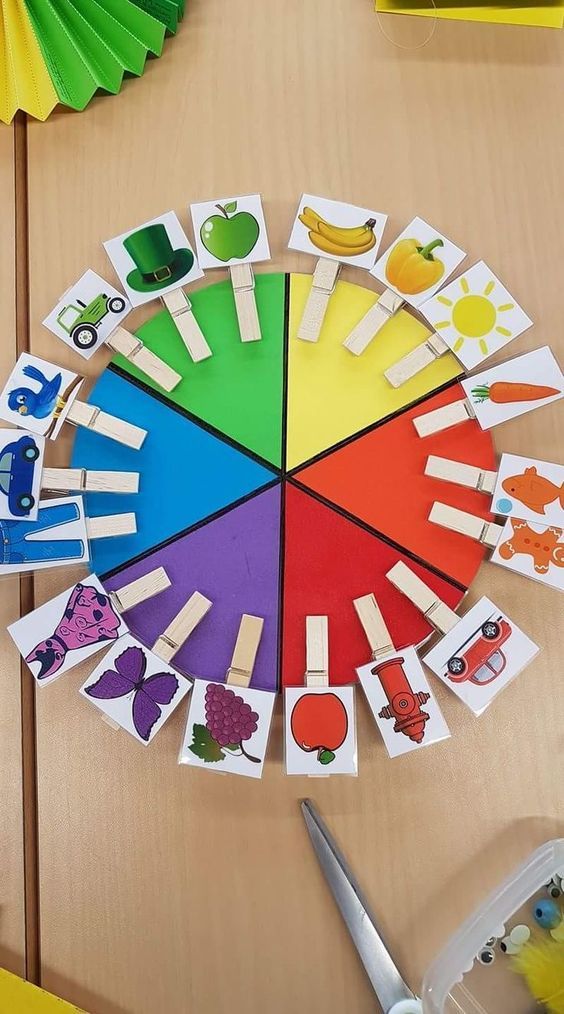
OUR POLICIES
OPEN DOOR POLICY
We want our parents to feel confident in the care and education we are providing their child. As part of our ongoing commitment to keeping our families happy, we promote an Open-Door policy should you ever have concerns and/or issues you would like to discuss.
Health & Safety
Your child’s health and safety are our top priority. Our health and safety protocols include:
- Thorough cleaning and sanitation of classrooms.
- Safe sleep procedures.
- Secure check-in and check-out procedures.
- COVID protocols:
- Temperature check upon arrival
Online Classroom Access
We are parents ourselves, so we truly understand how important it is to have full access to your child’s classroom. Online access to your child’s classroom is by password only. If this is something that interests you, please talk to the admin to sign up for your personal password.
*By enrolling your child at Learn N Grow, you consent that your child may be seen by other Learn N-Grow families through a secure, password-protected feed.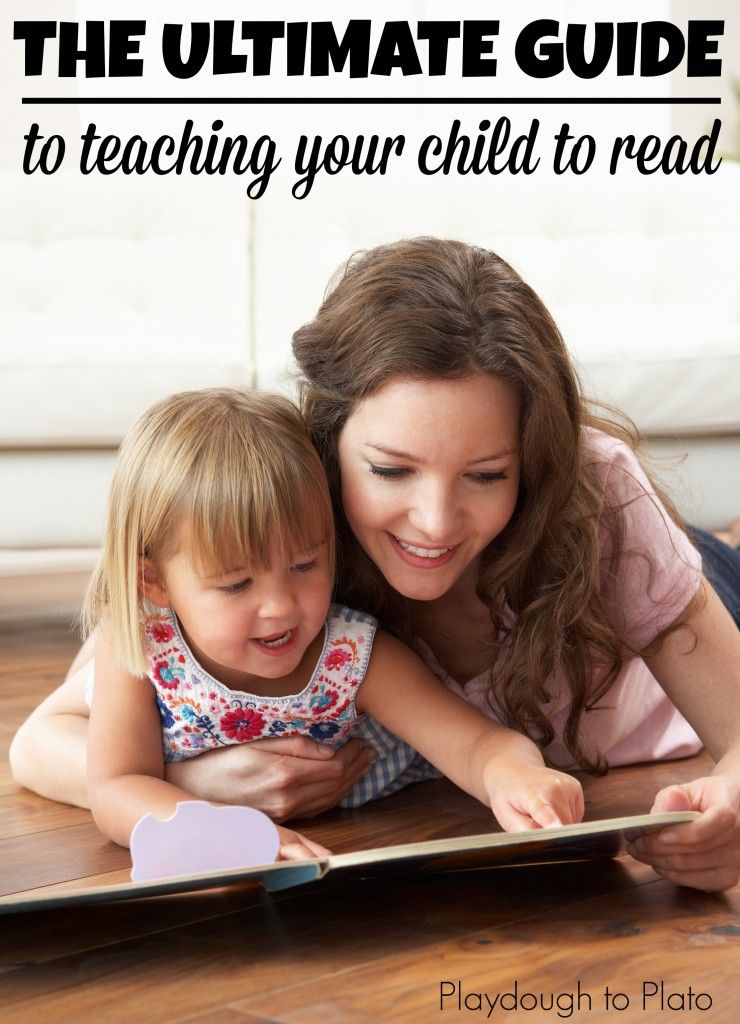
Emergency Procedures
The safety of the children is our #1 priority.
In case of inclement weather, Learn N’ Grow follows the Frisco ISD closing decisions. We encourage our parents to follow inclement weather announcements on local news channels.
Fire and severe weather drills are conducted every 30 days to ensure all teachers and staff know exactly what to do, in the event of an emergency.
If it becomes necessary to close the school, parents will be notified immediately to arrange for early pick-up. If the premises are determined to be unsafe, children will be transported immediately to a safe location. Families will be notified and required to pick up their children as soon as possible.
Please note: Standard contracted tuition will still apply during inclement weather closings.
Our Discipline Philosophy
Discipline is never fun — but is a necessary part of a child’s learning journey. When implemented with love and compassion, it helps your child learn consequences and understand the difference between right and wrong.
We don’t believe in using harsh words, time-outs, or physical punishment with your child. Instead, we use positive discipline and behavior modeling to teach appropriate behavior in each scenario and how to engage with logic instead of impulse.
Why preschool education is dangerous and useful - Knife
It is known that parents want the best for their children. That is why a barely born baby is already trying to plan a life. Adults choose a school, a higher educational institution, decide which sections he will attend and study languages. It seems that the sooner a child begins to learn and engage in self-development, the easier his adult life will be. After all, while the rest of the guys were running around the yards and kicking the ball, the potential child prodigy was learning to write Chinese characters and solve problems in physics. We often see children around the age of five on TV who amaze with their knowledge of science. Looking at them, it’s hard not to admire, because not every adult is capable of this.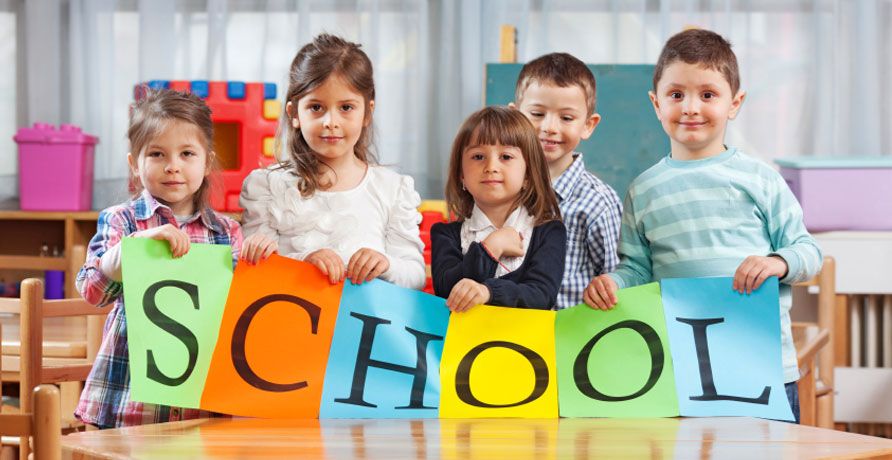 But what is really behind this spectacle? Of course, preschool education plays an important role in the formation of a child, and one should not think that until the age of 7 the only goal is to rush along the street with peers and nothing else. However, at such a young age, a balance must be struck.
But what is really behind this spectacle? Of course, preschool education plays an important role in the formation of a child, and one should not think that until the age of 7 the only goal is to rush along the street with peers and nothing else. However, at such a young age, a balance must be struck.
It is noted that the period from birth to kindergarten is extremely important for children, because at this time they learn to interact with other people, including peers, they become interested in how the world works. Preschool education should aim at emotional and cognitive development, as well as the integration of the child into the system of social interactions. Therefore, the excessive zeal of parents in teaching a small child may not have the best effect on him and negatively affect the still unformed psyche of a growing person.
Why is pre-school education important?
It is known that in the period from birth to the age of five, the child's brain develops to the greatest extent.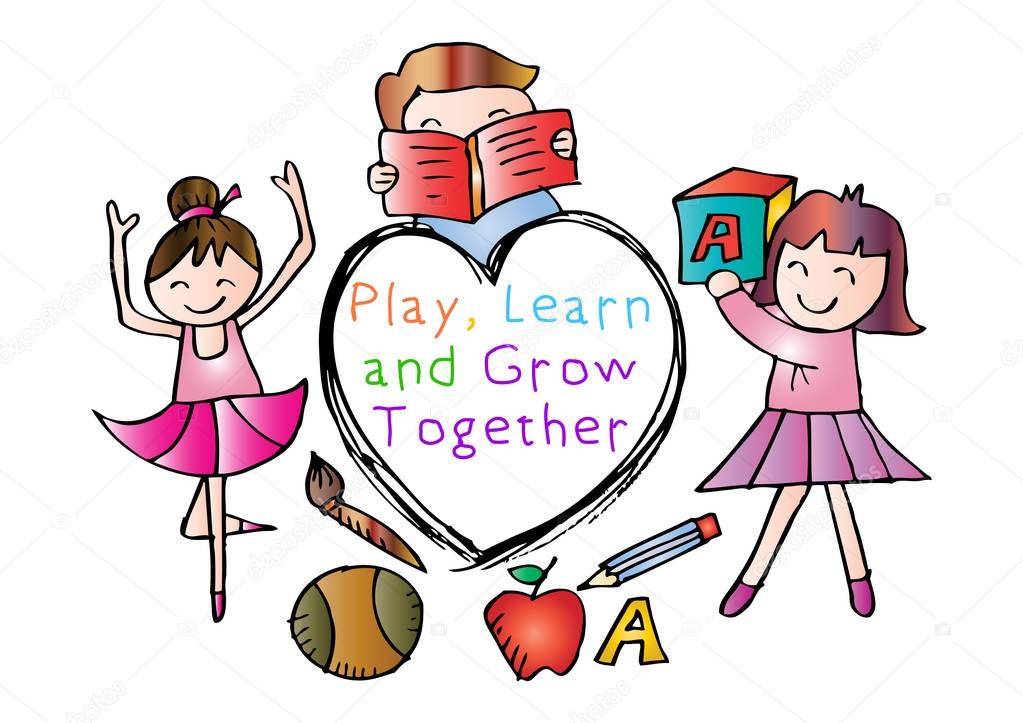 As a rule, this process is completed by 90% when children start going to kindergarten. At preschool age, a child absorbs everything like a sponge, he looks at his parents, peers and repeats after them. This behavior is determined by the system of mirror neurons, which is formed in the first years of life.
As a rule, this process is completed by 90% when children start going to kindergarten. At preschool age, a child absorbs everything like a sponge, he looks at his parents, peers and repeats after them. This behavior is determined by the system of mirror neurons, which is formed in the first years of life.
A necessary part of preschool education is socialization: the child must learn to interact both with peers and with adults.
Some parents do not pay due attention to this aspect, believing that the main thing is to teach the child to read, write and count, and the rest will follow by itself. However, man is a biosocial being, and each member of the genus needs communication. If a child does not learn to interact with people at an early age, then it will be extremely difficult for him to do this as an adult. As a result, a person will have problems interacting with classmates, colleagues and finding a soul mate, which will negatively affect his mental state.
In addition, pre-school education is designed to prepare the child for more serious learning. It is difficult to start sitting at a desk for forty minutes and writing from dictation, if before that life consisted only of fun games. It is difficult for young children to concentrate on something for a long time. They are extremely curious, so they quickly switch from one object to another. Parents and teachers are forced to work on the ability of children to focus on something specific for a long period of time so that it is easier for them to adapt to school.
Also, children who received education at preschool age are less prone to deviant behavior (alcoholism, drug addiction, etc.) and, as a rule, have a higher income.
A study was conducted in the 1970s that included children born between 1972 and 1977. The children were divided into two groups. One consisted of those who received preschool education, the participants of the other did not attend educational institutions. The study ended when the subjects reached about forty years of age.
The study ended when the subjects reached about forty years of age.
So the results speak for themselves. Pre-school education gives children an advantage in the future life, allows them to develop their potential, skills and talents. The success of individuals has a positive impact on society as a whole, as those who have received preschool education tend to commit fewer crimes, are more active in the labor market and have more income.
Early childhood education around the world
Although the benefits of early childhood education are clear, according to statistics, more than 175 million children worldwide do not receive it. This is about half of the total number of preschool children on the planet.
Early childhood education is the least emphasized in poor countries with low incomes.
Only one child in five is enrolled in preschool education programs. However, this training is not effective due to low qualified teachers and inappropriate curricula.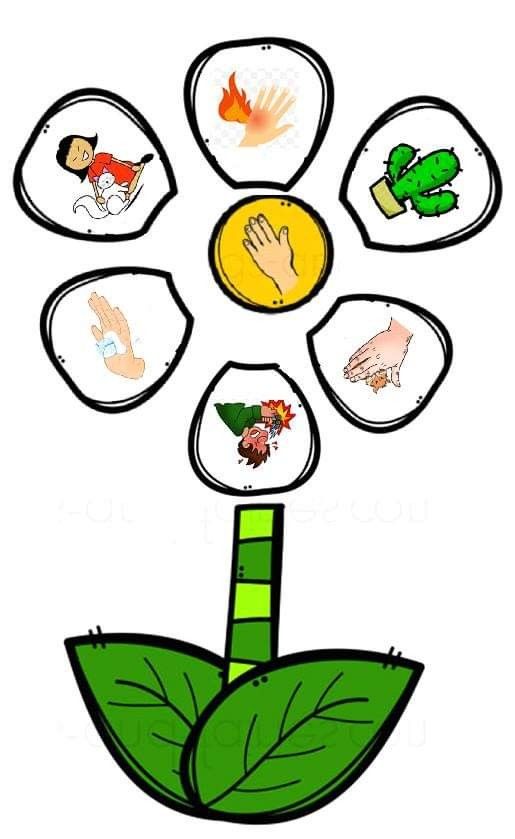 As a result, children are deprived of the opportunity to fully develop their potential, which negatively affects the future of the country.
As a result, children are deprived of the opportunity to fully develop their potential, which negatively affects the future of the country.
According to available data, children in the system of preschool education are most involved in European countries (France, Germany, Great Britain, Norway, Italy, Spain, Iceland), as well as in Australia and Brazil. In these countries, this figure is 95% or more. Things are a little worse in countries such as Russia, China, the USA, Poland, Argentina, where the figure varies from 70% to 89%. The situation in African countries is very bad. On average, less than 25% of children receive preschool education there. The exception to the rule is Ghana, Algeria, Angola and Kenya. Here the indicator is not so far from the European one. Saudi Arabia is a kind of exception. Despite the fact that the income in this country is above average, very few children are involved in preschool education - just under 25%, which is approximately the same as in Africa.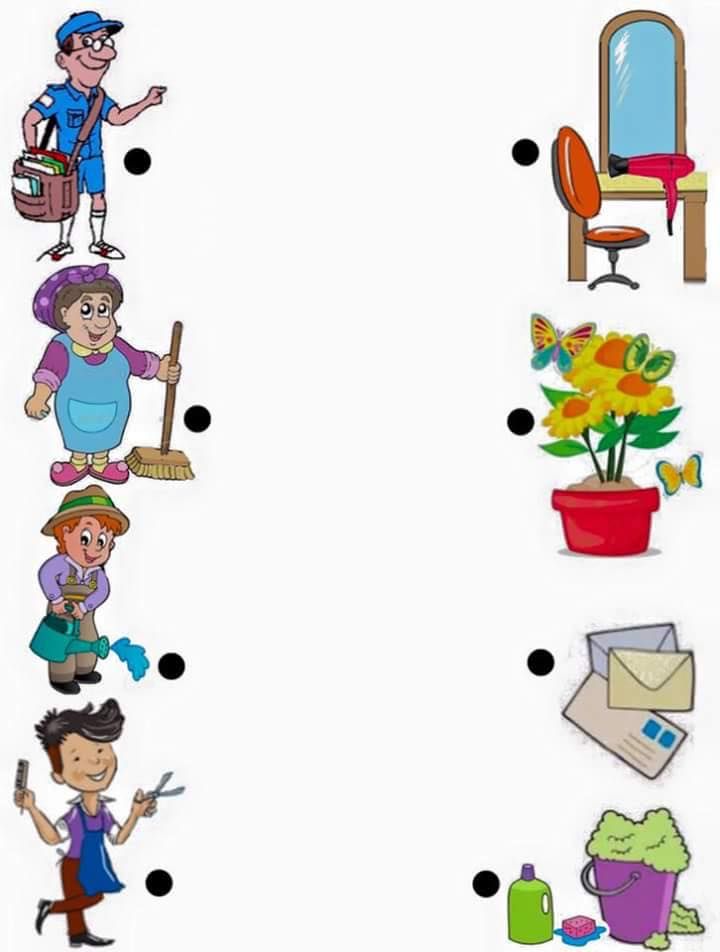
In Russia, between 2015 and 2019, the number of children attending pre-school education increased by 6.9% and amounted to 7.64 million people. It is noted that this is primarily due to the surge in the birth rate that occurred in the 2010s. In addition, the range of educational services for preschoolers was expanded. Nevertheless, experts predict that by 2024 the number of children receiving preschool education will decrease to about 5.9million people, which is due to the decline in the birth rate in recent years.
In the 2000s, there was an increase in attention to preschool education from many states. China and Poland have traditionally had a detailed and centrally regulated curriculum. However, in the 2000s, countries began to move towards decentralization and diversity of education. For example, in Poland, teachers were able to choose between eight curricula recommended by the Ministry of Education. France has focused on language development, including learning a second language. Finland has moved the pre-school program for six-year-olds into the core curriculum for early childhood education and care from birth to age 6. In 2003, the Danish government presented a plan for working with preschoolers. Around the same time, similar actions were taken in Germany. That is, at the beginning of the 21st century, governments began to pay serious attention to the education of young children, as evidenced by the widespread introduction and change of curricula.
Finland has moved the pre-school program for six-year-olds into the core curriculum for early childhood education and care from birth to age 6. In 2003, the Danish government presented a plan for working with preschoolers. Around the same time, similar actions were taken in Germany. That is, at the beginning of the 21st century, governments began to pay serious attention to the education of young children, as evidenced by the widespread introduction and change of curricula.
In recent years, in developed countries with high income, more than 50% of children under 3 years of age have been involved in the preschool education system . These states include Denmark, Iceland, Israel, New Zealand, the Netherlands, Luxembourg, Norway.
In Turkey and Mexico, this figure is below 5%. Although the values vary greatly from country to country, since 2010 the total number of children involved has grown from 26% to 34% in 7 years. The growth is especially noticeable in European countries.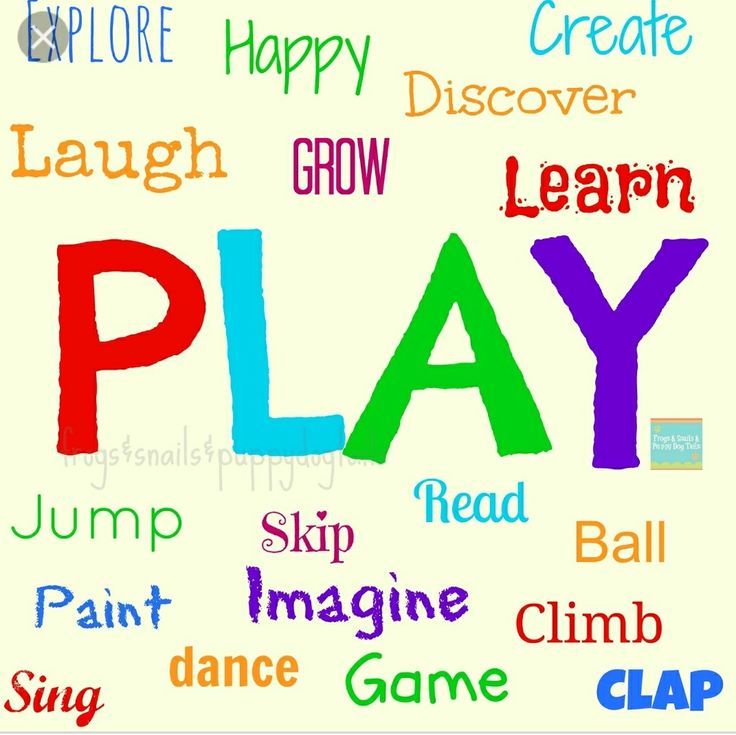
How and why is preschool education changing?
Preschool education is changing rapidly around the world, driven by both negative and positive trends. The latter include increased attention to early childhood development, an increase in the number of professional teachers, research to identify gaps in existing educational systems and improve curricula, and increased public and private funding.
An over-emphasis on literacy and math skills is seen as a negative factor, which negatively affects the balance of the approach to learning. Topics such as social development, emotional development, and professionalism are often ignored in universities and colleges. As a result, future teachers are not competent enough to work with children. The problem is the uneven distribution of priorities by parents, which is why the expansion of opportunities in preschool organizations does not receive proper support. In addition, educational programs adopted for reasons of expediency and efficiency deprive the child of the opportunity to explore the world around him independently and express his opinion.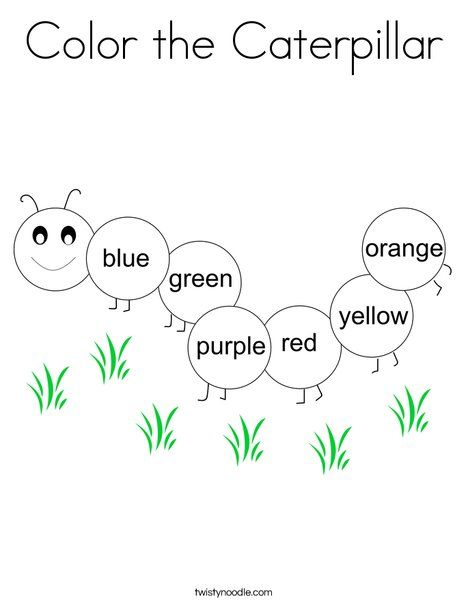
On the basis of the conducted research, it is possible to draw conclusions about which factors most influence changes in the system of preschool education.
Demographic changes
They create an opportunity to achieve greater integration and social justice. In the United States, in recent years, the number of children who attend educational programs that differ culturally and linguistically has increased. Since the turn of the century, over a ten-year period, the number of Hispanics in the country has increased by 43%, the number of Asians has increased by the same 43%, the number of African Americans has increased by 12.3%, and by 4.9% non-Hispanic white population. As a result, in ten years, the number of preschool children learning English in some parts of the country has increased by 300-400%.
In 2015, 48% of children under 6 were reported to be living in low-income families, 25% of whom were living on the edge of poverty. As a rule, such children began their education much later than their peers who grew up in wealthy families. The variety of structures of families with a child of preschool age has also increased. Since the beginning of the century, the number of unmarried mothers has increased, while the number of complete families has decreased. In addition, due to the variety of educational programs, the level of preparation of children starting school varied.
The variety of structures of families with a child of preschool age has also increased. Since the beginning of the century, the number of unmarried mothers has increased, while the number of complete families has decreased. In addition, due to the variety of educational programs, the level of preparation of children starting school varied.
Thus, the dynamic nature of demographic change requires greater social inclusion and a more equitable distribution of resources.
Curriculum changes
Children's time in kindergarten has traditionally been based on play and focused more on social learning than academic knowledge. Learning in a playful way satisfies the child's natural curiosity without tiring him. Abstract and cognitive tasks related to mathematics and literacy, as a rule, are typical for teaching older children (from 7 years old). For a long time, the goal of teaching young children was more to enable them to love the process of learning itself, exploring the world around them and interacting with people, rather than academic learning as such.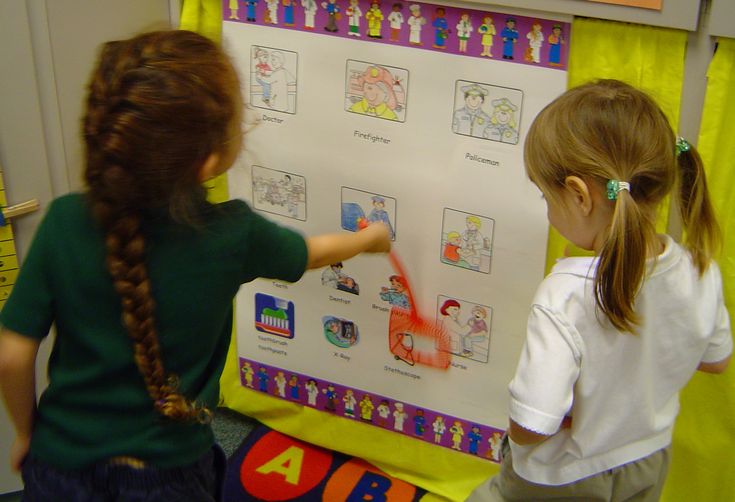 It was believed that, having begun to be interested in the world around them at an early age, a person receives a basis for understanding more complex scientific concepts. For example, caring for plants and taking care of pets, the child shows interest in nature, which further motivates him to study such subjects as biology, chemistry and physics. In addition, the role of the teacher in the process of preschool education was defined as allowing children to understand themselves, their environment, helping to create friendly relations. However, this concept of goals and methods of teaching young children has been challenged.
It was believed that, having begun to be interested in the world around them at an early age, a person receives a basis for understanding more complex scientific concepts. For example, caring for plants and taking care of pets, the child shows interest in nature, which further motivates him to study such subjects as biology, chemistry and physics. In addition, the role of the teacher in the process of preschool education was defined as allowing children to understand themselves, their environment, helping to create friendly relations. However, this concept of goals and methods of teaching young children has been challenged.
In the 2010s, there has been a trend towards fewer hours devoted to music and art and more academic training, especially mathematics and grammar. The decline in art education turned out to be quite long. In addition, according to statistics, only 61% of elementary schools in the United States organized excursions to museums, galleries, theaters. Thus, a significant part of children do not receive proper knowledge in the field of art. This negatively affects young children, as it is known that important concepts and moral values are better absorbed by the child through songs and dances. Therefore, attempts to reduce the mobility of children and force them to sit at their desks cannot lead to much success.
This negatively affects young children, as it is known that important concepts and moral values are better absorbed by the child through songs and dances. Therefore, attempts to reduce the mobility of children and force them to sit at their desks cannot lead to much success.
In general, the world is becoming more and more dynamic over time. Therefore, curricula should teach the child to solve problems and problems creatively and even be able to take risks.
Education should be oriented so that the child learns to love the very process of acquiring knowledge and skills. This is achieved by studying the interests of the child and choosing a curriculum that suits him. So the child immediately begins to study what he is interested in, and with age, interest can develop into serious scientific activity. Education in the arts should be one of the main directions in the preparation of young children.
Increasing research efforts
Funding for research related to the benefits of early childhood education has increased in recent years.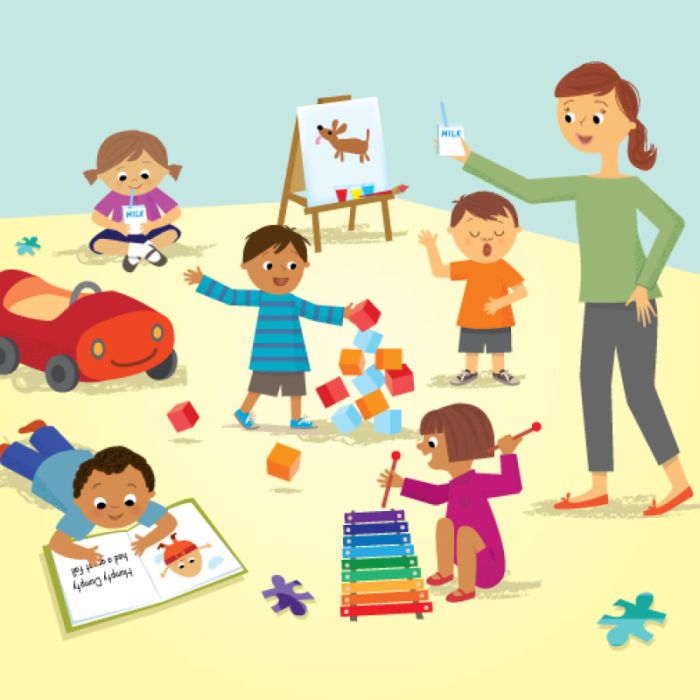 As a result, numerous organizations, research centers and journals have appeared on the topic of early childhood education. The intensification of research has also contributed to the development of new quality training programs.
As a result, numerous organizations, research centers and journals have appeared on the topic of early childhood education. The intensification of research has also contributed to the development of new quality training programs.
Teacher training
It is noted that in an environment where the population is becoming more multinational, it is much more difficult to provide quality training. The problem of their preparation is quite acute, since the learning process largely depends on this. Pre-school education institutions are, in fact, the first educators of children outside the home. These organizations are tasked with identifying the strengths of the child and unleashing his potential. For preschool children, education is often the first experience of interacting with people from different cultures, religions, languages, and families. It is important that the faculty guide this interaction as the world tends to be more demographically diverse. The experience of communicating with people of other nationalities at a younger age forms the attitude towards such people in adulthood.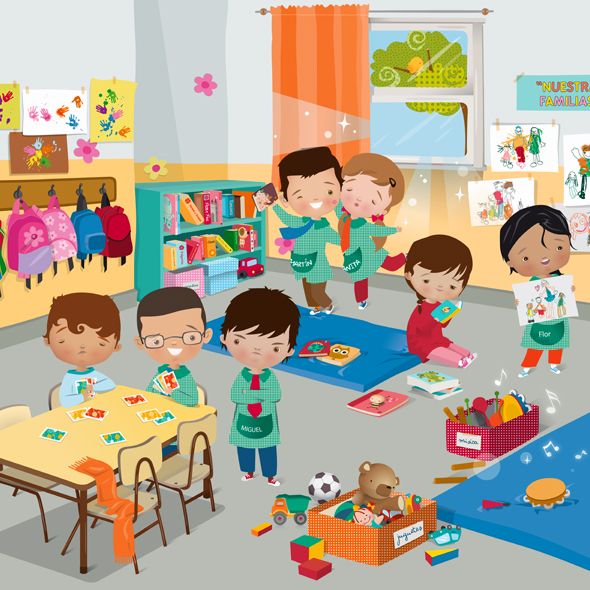 In addition, high-quality early education and care lays the foundation for children to develop ideas of freedom and democracy in everyday life and in the educational process itself.
In addition, high-quality early education and care lays the foundation for children to develop ideas of freedom and democracy in everyday life and in the educational process itself.
Negative consequences of early childhood education
From the above, it becomes clear that preschool education is not just a useful addition to a child's life, but a serious tool for his development. A properly structured curriculum gives children significant advantages over their peers and helps in adulthood. However, in some cases, the child faces tremendous pressure. Parents and teachers believe that they only make the child better by making him sit over textbooks for hours, and they believe that this is the only way to a personal "bright future". In practice, such an attitude can deprive a child of a normal childhood and introduce a number of psychological problems into his life.
Research shows that early academic training pays off, as evidenced by subject-specific tests children take. However, the progress made at a younger age is most often erased within 1-3 years, and according to some studies, it is completely reversed. Moreover, it has been proven that an early academic load can cause long-term harm to a child in the areas of social and emotional development.
However, the progress made at a younger age is most often erased within 1-3 years, and according to some studies, it is completely reversed. Moreover, it has been proven that an early academic load can cause long-term harm to a child in the areas of social and emotional development.
For example, at 19In the 1970s, a study was conducted in Germany, the purpose of which was to compare, in various ways, children whose learning is based on play practice with those who are undergoing academic training. Despite the initial successes of the second group, by the fourth grade the children showed significantly worse results than the representatives of the first group. In particular, reading and math skills were worse, and they were also less socially and emotionally adapted.
A similar study was conducted in the United States, focusing on African American children from poor families. As a result, it was found that those who attended academically-oriented preschools initially showed superiority over those whose learning was based on play. However, by the end of the fourth grade, the picture changed.
However, by the end of the fourth grade, the picture changed.
Children who received a play-based education performed better and scored higher in school.
Another large-scale experiment was carried out in the USA in 1967. In Michigan, 68 children from poor families were placed in one of three types of kindergartens: traditional (learning based on play), partially traditional (teaching included a more adult approach), "direct learning" (focused on reading, writing and mathematics). Initial results were similar to previous studies. The "direct learning" group showed achievements that soon faded away. However, when the participants were 15 and 23 years old, there were no significant differences in academic performance, but there was a significant difference in social and emotional characteristics. By age 15, children in the direct learning group had committed more than twice as much misconduct as those in the other two groups. In addition, at age 23, they were more likely to show signs of emotional distress, have disagreements with other people, and be less likely to be married.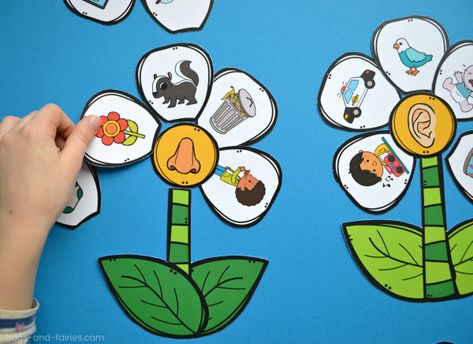 By this age 39% of the participants in the "direct learning" group were arrested for serious crimes, while in the other two groups this figure was 13.5% on average. Also, 19% of the participants in this group were prosecuted for stabbing, compared to 0% in the remaining groups.
By this age 39% of the participants in the "direct learning" group were arrested for serious crimes, while in the other two groups this figure was 13.5% on average. Also, 19% of the participants in this group were prosecuted for stabbing, compared to 0% in the remaining groups.
Researchers attribute these findings to the fact that early learning experiences provide the foundation for later behavior. Those who in childhood learn to play with others, planning their activities and overcoming differences, turn out to be more responsible in relation to society. While children, whose preschool education is based primarily on academic performance, as adults, are set to achieve results and move forward. In the context of poverty, this often leads to conflicts with others and criminal activities. In addition, the type of preschool institution has an impact on the parents of the child. If education provides for an assessment scale, then parents want their children to stand out, to be the best. In the future, this attitude towards the child is only gaining momentum and boils down to the fact that he must achieve goals at any cost.
Traditionally, play activities have been one of the main activities in the life of a preschool child. However, now there is a tendency towards the gradual disappearance of the "yard culture", which, in turn, leads to a decrease in the playing culture among children. The modern child has nowhere to play. He doesn't play in the garden because he has to study there, he can't play with his parents who are busy with work and other things. Older children study intensively, you can’t have fun with them either. It is argued that gaming activity is one of the stages of preparation for learning.
Therefore, with the disappearance of games from a child's life, problems arise with the formation of motivation for learning. Parents, as a rule, do not think about this, since they consider preparing for school only as a set of skills .
They tend to demand results from the child and often try to make him "smarter" than the right age, as if for the future, without taking into account the fact that this requires a certain degree of maturity of the nervous system.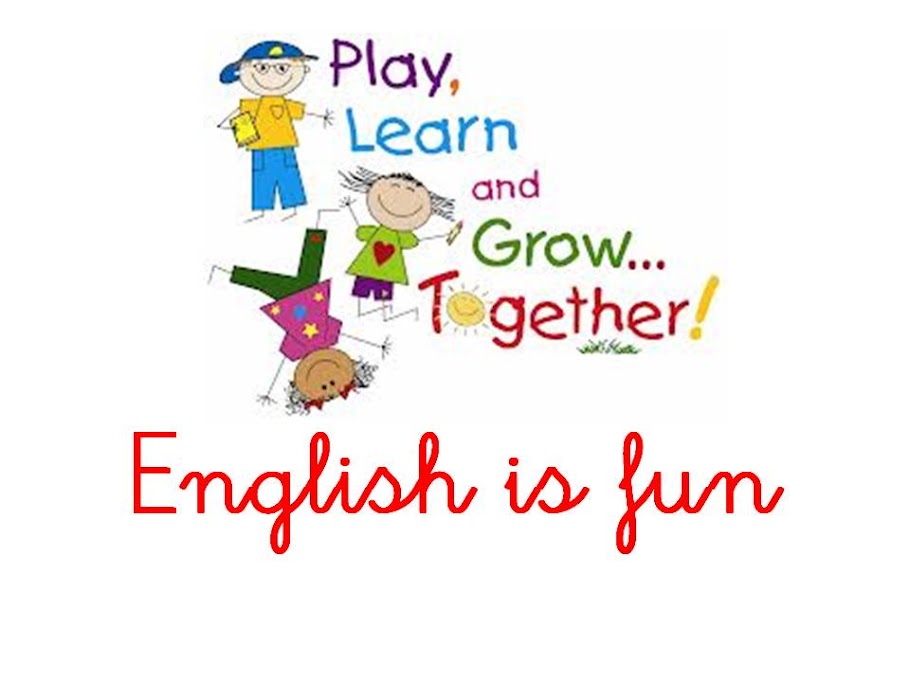
Teaching a child to read, write and count at an early preschool age leads to a load on the immature structures of the central nervous system, which adversely affects the first functional block of the brain, which has to work with excessive effort. As a result, the child will receive the desired skills, but at the same time, problems with sleep may begin, with the functioning of the endocrine system, he will more often encounter somatic diseases. It is also very likely that the child will become moody and overly excitable. At the age of 2-3 years, children do not have the motivation to learn to read or count, sitting at books for several hours a day, they want to play and explore the world. As you know, the presence of motivation is the key to success in any activity. Besides, it is doubtful that there is any sense in the torment of a small child in principle. Scientists say that at the age of 3 it takes 1-1.5 years to systematically learn to read, while at 5-6 years this process takes a month or two.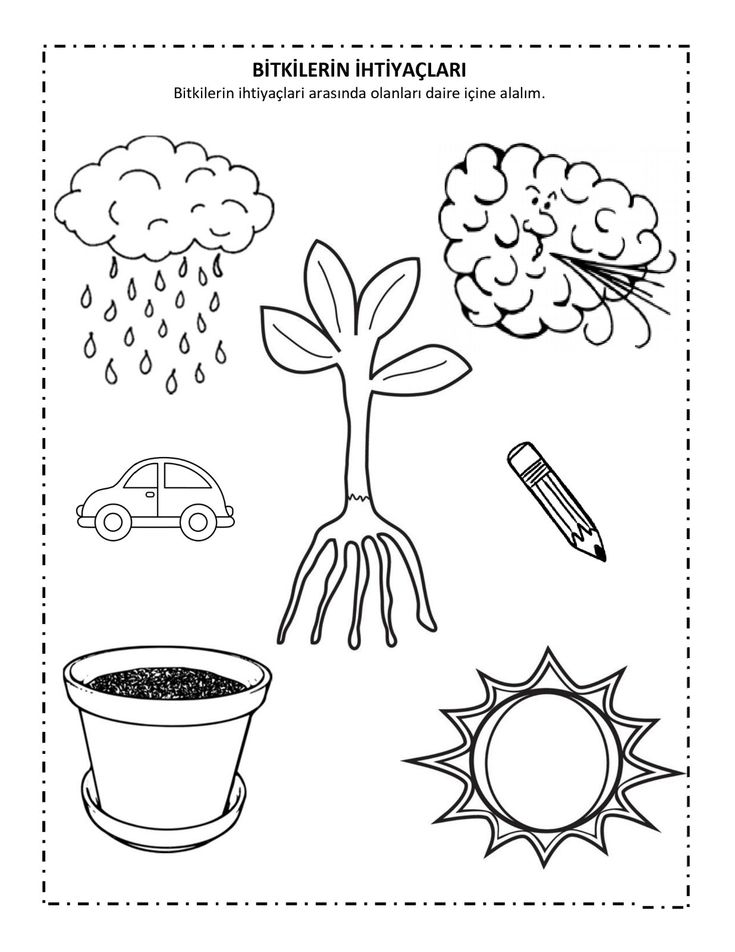 A child's productivity in the early preschool years is reinforced by motivations such as praise from a parent or teacher. Instructions imposed by adults do not allow him to develop self-control and self-organization. At school, such children again face a lack of motivation. They already know the material that is offered for study, so they do not feel the need to use search, heuristic activity.
A child's productivity in the early preschool years is reinforced by motivations such as praise from a parent or teacher. Instructions imposed by adults do not allow him to develop self-control and self-organization. At school, such children again face a lack of motivation. They already know the material that is offered for study, so they do not feel the need to use search, heuristic activity.
Alisa Teplyakova is an example of a child with outstanding knowledge for her age. At the age of 8, the girl passed the Unified State Examination, and at 9 she already became a student at the Faculty of Psychology of Moscow State University (albeit on a commercial basis). It is not yet possible to judge how studying at the best university in the country will affect Alice, but there are reasons for concern. Even for people in their twenties, seminars, term papers, a session, slightly eccentric teachers are stressful, leading to depression, psychological problems, up to and including suicide.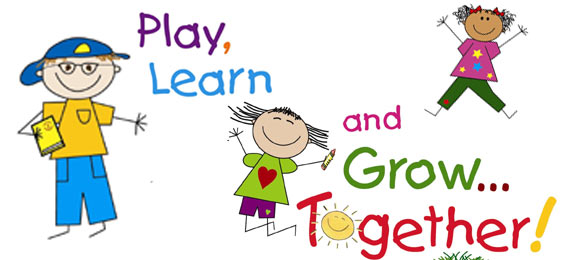 Here we are talking about a child who must go to secondary school. A university differs from a school not only in the level of complexity of the training program. Teachers, unlike teachers, try to find an individual approach to students to a lesser extent and build work, focusing more on their own comfort.
Here we are talking about a child who must go to secondary school. A university differs from a school not only in the level of complexity of the training program. Teachers, unlike teachers, try to find an individual approach to students to a lesser extent and build work, focusing more on their own comfort.
In addition, Alice may have problems with socialization. Classmates are eighteen-year-old guys who like to have fun after couples, go to nightclubs and kiss with the same young and beautiful. It is difficult to imagine the friendship of a nine-year-old girl and such a company due to the lack of common interests. Of course, you can not be friends with anyone and focus on your studies, but it is difficult for a person to limit his social circle only to his family. People remember their student years with warmth in their souls, thinking about how many new friends they met, how fun and carefree it was, despite all the hardships of studying.
But what can Alice remember? Satisfied ambitions of their parents who "hacked" the system, and painful adaptation to an age-inappropriate environment?
No one is saying that children shouldn't strive for results, but it's worth considering whether these achievements are worth a normal, happy childhood. Even if now it seems that the lack of communication does not harm the child in any way and the textbook on neurophysiology successfully replaces the teddy bear, then in the near future psychological problems will make themselves felt.
Even if now it seems that the lack of communication does not harm the child in any way and the textbook on neurophysiology successfully replaces the teddy bear, then in the near future psychological problems will make themselves felt.
Exaggerated demands of parents in learning lead to deviations or delays in the development and maturation of nerve cells, which negatively affects the child both in the short and long term.
Conclusion
Pre-school education is an important step in a child's life. At the age of 7 years, children actively grow and develop. It seems to many that it is not so important what happens to a child in early childhood, because when he grows up, everything will be different. But it is at this age that the most important foundations for the future life of a child are laid. Undoubtedly, one should not dismiss the child to elementary school and should not think that only games are enough for him without developing an interest in learning.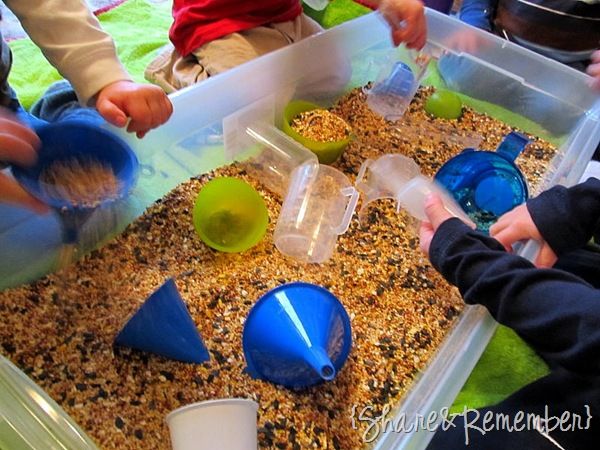
However, you need to approach the education of young children correctly so as not to harm their psyche and not instill an aversion to gaining knowledge for the rest of their lives.
Many parents want their children to be geniuses. On TV and in social networks, we often see how talented children at the age of 5 almost perfectly know three languages, solve differential equations and can recite all of Pushkin by heart. But is it really talent? Indeed, there are times when a child likes, for example, biology and he reads encyclopedias and reference books without stopping, and by the age of 6 he can name any plant from a picture on the Internet. However, this situation is very rare. Most often, parents force their children to sit at textbooks and study with tutors around the clock, when the rest of the children have not yet really learned to speak. Perhaps such people are driven by faith in the bright future of the child, or perhaps by the desire to assert themselves by raising a "brilliant child".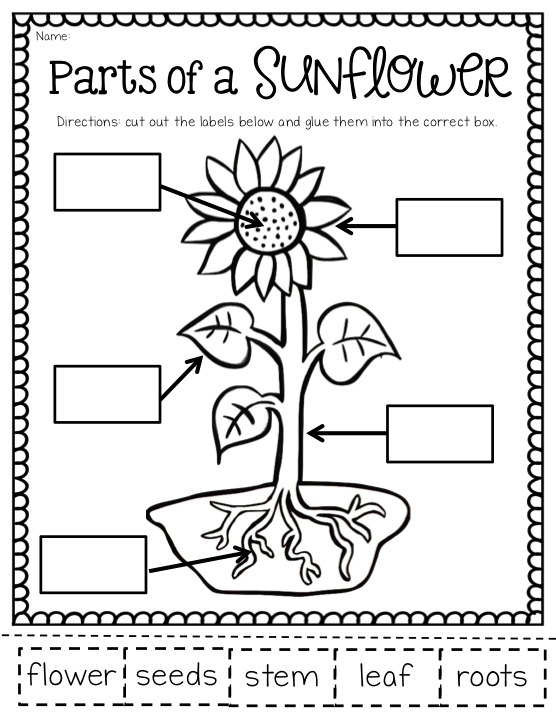 As practice shows, such children achieve success at an early age, win olympiads, enter top universities, but rarely succeed in the future. Most of them burn out, experience psychological difficulties and problems with socialization. They do not know anything but study, because they are used only to study, although many of them do not even understand why.
As practice shows, such children achieve success at an early age, win olympiads, enter top universities, but rarely succeed in the future. Most of them burn out, experience psychological difficulties and problems with socialization. They do not know anything but study, because they are used only to study, although many of them do not even understand why.
The child needs to be given attention at an early age and involved in the pre-school education system. But education should be focused primarily on instilling social skills in the child, teaching how to interact with other people and preparing for school. More doesn't always mean better. Inadequately inflated ambitions of parents can ruin a growing person not only childhood, but also life.
Five reasons why a child does not want to study
#Study
Many people, even in adulthood, do not want to study. Now you can imagine how difficult it is to find the strength to sit down for lessons for a child.
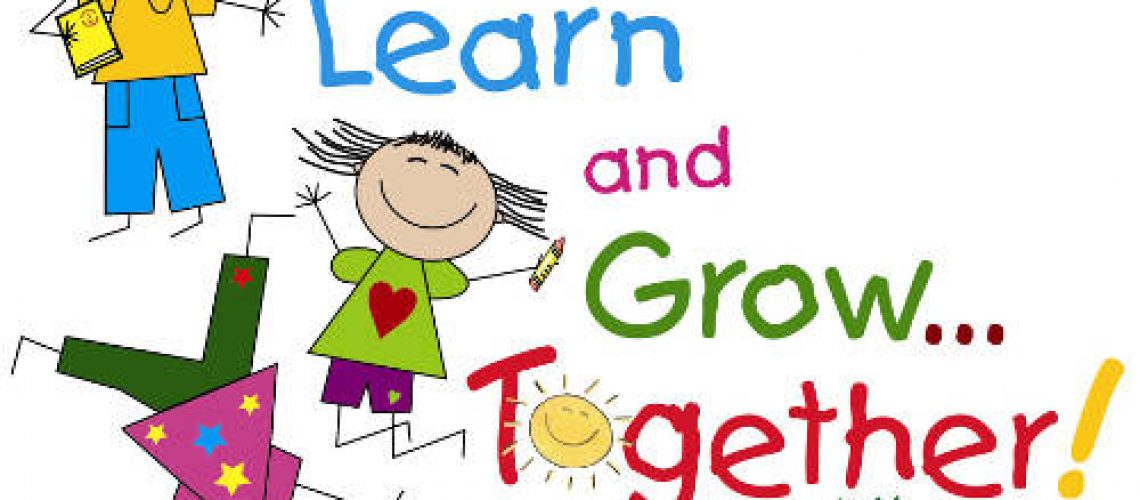
Article by Karina Richtere for the website "classmag.ru", original article
Many people do not want to study even as adults. Even when it becomes clear that without learning new skills, without updating the knowledge that you already have, it is impossible to develop, when logic screams that it's time to go to courses, the desire to learn does not come. Now you can imagine how difficult it is to find the strength to sit down for lessons for a child.
Grow, develop, learn new things - this is one of the basic human needs. And this program breaks down when something goes wrong somewhere, and before you rush to solve the problem, you need to understand what exactly caused it.
Main causes:
1. A child at preschool age was overloaded with studies. If a kid starts counting from the age of three, learns to read, goes to English, Chinese, studies mental arithmetic, then it may be that at the age of seven he will tell his mother that he has had enough and he has finished studying. Such a child has not passed the stages of development of the game, the stages of development of the imagination, and at the age of seven he is no longer interested in learning. In other words, there is such a glut when you just don’t want anything.
Such a child has not passed the stages of development of the game, the stages of development of the imagination, and at the age of seven he is no longer interested in learning. In other words, there is such a glut when you just don’t want anything.
2. Difficulties in relations with the teacher. If a child, especially in elementary school, has a very cold, strict teacher who raises his voice, bullies the children. The child is in stressful conditions in which it is difficult to learn and develop productively. Here it is necessary to look from the situation of an adult, how to influence the situation and help our student. Somewhere this is a conversation with the teacher, sometimes additional classes with the teacher help to rebuild the relationship between the teacher and the child to be closer and warmer. There is an option to transfer the child to another school. Of course, this is a cardinal solution to the problem, but sometimes the only true and effective one.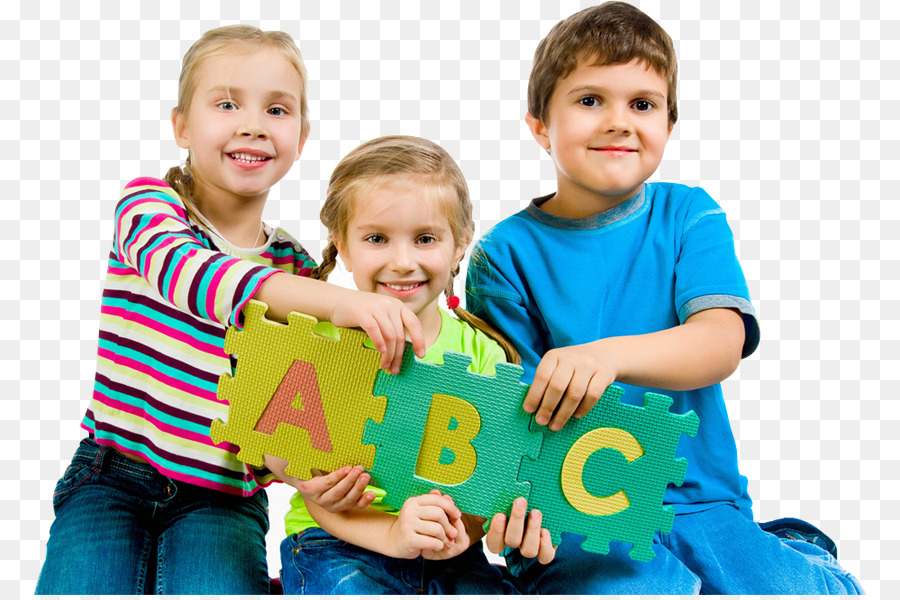
3. The child considers himself a failure. The child has a constant feeling that nothing works out, that he is stupid and does not understand anything. In this case, it is important to analyze whether the child lives in a situation of total failure. At school, the teacher scolds, makes comments, pays attention only to mistakes, at home parents only do what they need to point out, they are constantly dissatisfied with the child, often criticize without noticing successes and achievements. In such conditions, it is difficult for a child to find a basis for motivation and desire to learn new things. For clarity, let's look at an example. You've been in the kitchen for two hours and you've made a cake for afternoon tea. And during dinner, you hear that there are too many apples, the dough is too thick, Grandma's tastes better. I think that tomorrow you are unlikely to want to bake another cake. This simple situation very clearly shows how motivation works. The task of the parent is to create a situation of success for the child. The child managed to solve one of the three, be sure to praise him! Tomorrow there will be two such tasks. Z
The child managed to solve one of the three, be sure to praise him! Tomorrow there will be two such tasks. Z
4. Addiction to gadgets. When there is unlimited access to a computer, phone, tablet, the motivation to study disappears, the child goes into the virtual world, and, alas, dependence on screen time is formed very quickly. There is no desire to invent and do something yourself, because there is no need for it: gadgets will do everything themselves. The solution is simple - control access to the screen, set parental controls, enter rules for using gadgets.
5. Bad relationship with parents. Often there is no reliable relationship between parents and the child, the child has internal anxiety from the fact that he does not always feel his mother's love, the mother screams and gets angry more often than smiles and hugs. When parents use separative methods of punishment (go to your room, I don’t want to talk to you), the child has an anxious state in which it is difficult for him to move forward, there is no energy for development.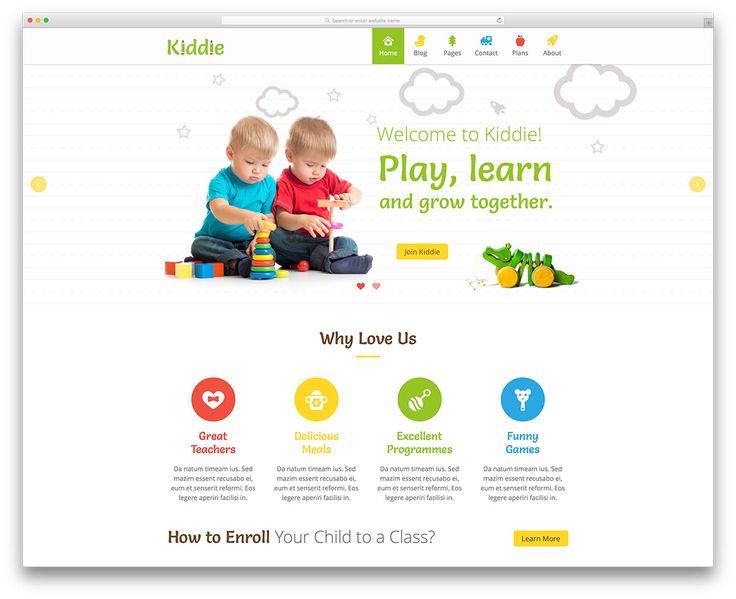
Special attention should be paid to such situations when children try to earn the love of their parents with the help of grades. As a result, becoming excellent students, receiving medals at the end of school, in fact, children strive to become the best, so that mom or dad will love me. But this is a neurotic state that breaks self-esteem, a sense of inner unconditional self-worth. In adult life, such motivation gives huge side effects, when, despite an outwardly prosperous life, an adult has a complete internal dissatisfaction with what is happening.
It is very important to have high-quality communication between the child and parents, so that the dialogue does not look like some kind of interrogation with prejudice. At the moment when the child returns from school, you should not demand from him a deep account of how the day went, what the teachers asked about, what lessons they asked, what they did in literature, what they ate for lunch. Such intensity and assertiveness can cause a child to withdraw.
As a rule, children themselves begin to talk about what is important and interesting for them. And only to clarify the feelings and experiences of the child, questions are needed. Learn to listen, give the child the opportunity to tell, be interested in what is interesting in the first place to him.
When mom and dad openly scold an educational institution, it will be difficult for a child to love it. If a conflict situation arises, try to deal with the problem without getting personal, build a constructive dialogue.
In any case, if a child does not want to learn, it is necessary to remember that the need to develop and grow is inherent in a person by nature and it remains only to understand what exactly is an obstacle on this path and help the child overcome it.
Recommended for study
Mini-course of 3 intensives "School year without hassle"
One-two-three school preparation
Other articles on the topic of schooling:
About a donkey and a carrot.
Learn more

